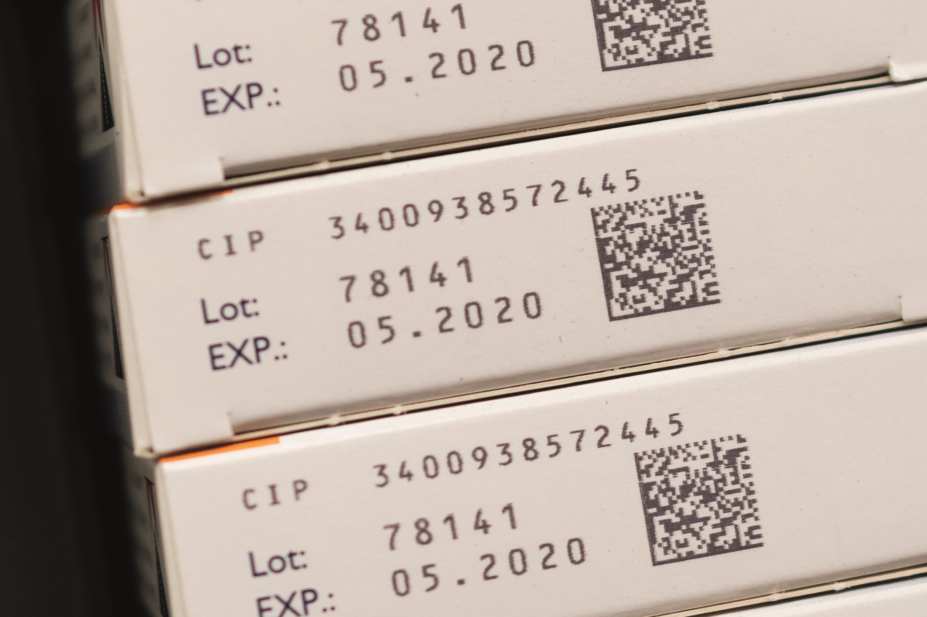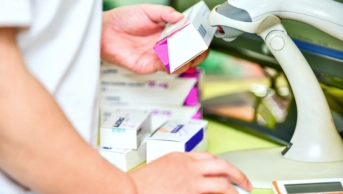
Courtesy of Jonathan Buisson
‘FMD-Day’ is 9 February 2019. Across the EU, the entire pharmaceutical sector, from manufacturers to frontline pharmacists, will be expected to comply with what will be the world’s first continent-wide scheme to eliminate fake or falsified medicines from the supply chain.
The Falsified Medicines Directive (FMD) requires pharmacists to verify the authenticity of medicines dispensed and to check that medicine packs haven’t been tampered with. It’s a laudable initiative, even though very few falsified or counterfeit medicines find their way into registered pharmacies.
Fake medicines are, by and large, purchased by unwitting consumers outside of the legitimate supply chain. Nonetheless, anything that reduces the risk of patients encountering counterfeit medicines in pharmacies has to be welcomed. In a survey by The Pharmaceutical Journal
in December 2017, 68% of respondents said they supported the roll-out of FMD.
But the legislation has landed in the midst of the greatest political uncertainty of recent times. If the UK leaves the EU without a deal, FMD compliance will be impossible: a no-deal Brexit would see the UK lose access to EU databases, including the European Medicines Verification System (EMVS), which will be used for the FMD.
The Medicines and Healthcare products Regulatory Agency (MHRA) has said that if the UK leaves the EU without a deal, our legal obligations to adhere to the FMD will be removed. Instead, it will consider options for a standalone national system, but this almost certainly won’t be ready when the UK exits the EU on 29 March 2019.
As a result, some pharmacists may, perhaps understandably, be reluctant to spend money on FMD equipment and change their workflows when the directive could feasibly be in force for less than two months. And the government has been less than helpful in easing this major change to the medicines supply chain. Pharmacy bodies have lobbied for funding for their FMD costs, but the government has said that, for community pharmacies, it will only discuss this as part of contract negotiations. And they haven’t even begun.
The Scottish government has said it will give dispensing doctors £2,000 towards the costs of FMD compliance. It would be understandable if pharmacists in Scotland — and in the rest of the UK — wonder why they are not getting the same contribution.
It is for these reasons that, as revealed by The Pharmaceutical Journal
on 1 February 2019, less than half of the UK’s pharmacies are expected to be fully set up for FMD when their doors open for business on 9 February 2019. Even those that are ready will likely dispense a trickle, not a flood, of FMD-compliant medicine packs. It will take time for the new packaging to work its way downstream — by some estimates up to three years. Privately, experts admit that many pharmacies receiving FMD-ready medicines may be forced to break the law if they do not have the system set up to scan them in.
Thankfully, although the General Pharmaceutical Council will incorporate FMD readiness into its ongoing inspections of pharmacies, it has accepted that it will not treat 9 February 2019 as a “cliff-edge” and it will consider whether pharmacies have a plan in place to implement FMD.
Pharmacy owners could be forgiven for waiting for the events of the next seven weeks to see what it might mean for the whole project. Of course, some form of legal requirement to verify medicines will be in place whatever happens after Brexit, because without such a system, the UK could be seen by counterfeiters as a weak link. However, quite what form it will take is unknown and, as with Brexit itself, it would be foolish to rule anything out.


